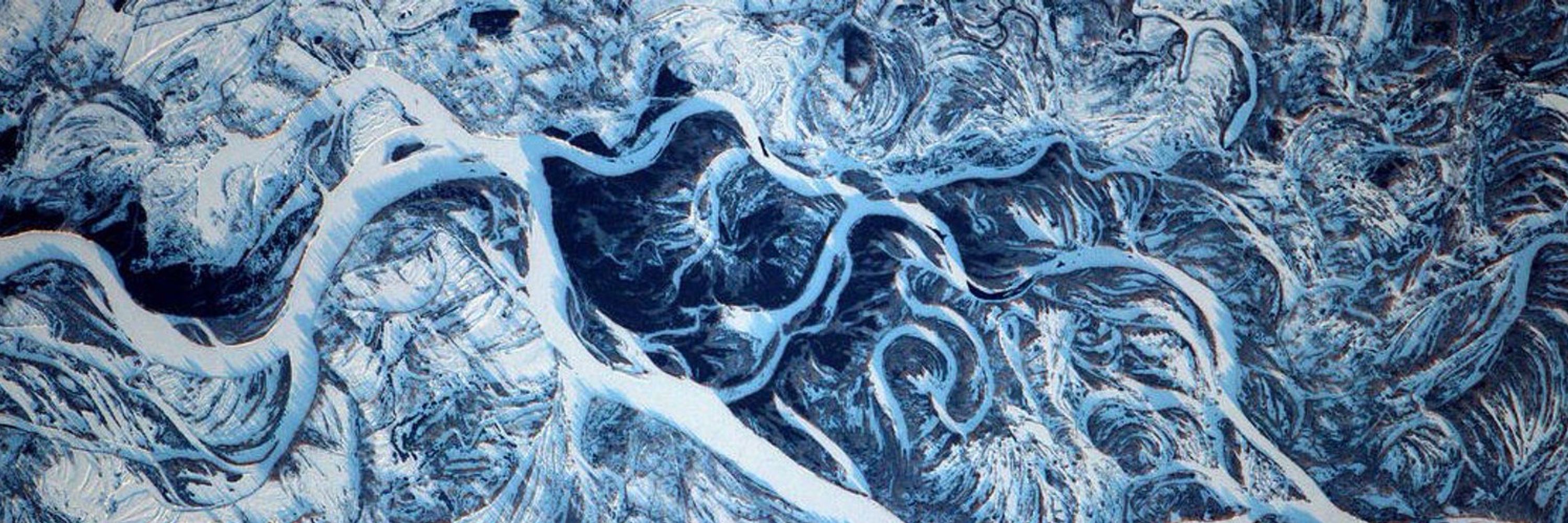

torchgfn.readthedocs.io/en/latest/
torchgfn.readthedocs.io/en/latest/

+ Much easier environment definition.
+ Cleaner abstractions → easier extensibility!
+ Support for graph-based states under torch_geometric.
+ Improvements to every core element of the library.
+ Lots of new environments, tutorials, and examples!
+ Much easier environment definition.
+ Cleaner abstractions → easier extensibility!
+ Support for graph-based states under torch_geometric.
+ Improvements to every core element of the library.
+ Lots of new environments, tutorials, and examples!
Action Abstractions for Amortized Sampling
📄 arxiv.org/abs/2410.15184
💻 github.com/GFNOrg/Chunk...

Action Abstractions for Amortized Sampling
📄 arxiv.org/abs/2410.15184
💻 github.com/GFNOrg/Chunk...
Hierarchical planning is a key component of intelligence—both biological & artificial. By dynamically learning & using abstractions, our method bridges the gap between RL, program induction, and cognitive science.
Hierarchical planning is a key component of intelligence—both biological & artificial. By dynamically learning & using abstractions, our method bridges the gap between RL, program induction, and cognitive science.
Chunks learned in one environment improve exploration and sampling efficiency in unseen settings, suggesting the method abstracts high order general principles that are robust & adaptable to new envs!

Chunks learned in one environment improve exploration and sampling efficiency in unseen settings, suggesting the method abstracts high order general principles that are robust & adaptable to new envs!
For example, in FractalGrid, vanilla GFlowNets get stuck in a single mode, but armed with ActionPiece, it unlocks new exploration paths!

For example, in FractalGrid, vanilla GFlowNets get stuck in a single mode, but armed with ActionPiece, it unlocks new exploration paths!
Across synthetic and real-world tasks (e.g., RNA sequence generation, bit sequences, and FractalGrid), our approach improves especially for GFlowNets:
✅ Mode discovery
✅ Exploration
✅ Density estimation
✅ Interpretability

Across synthetic and real-world tasks (e.g., RNA sequence generation, bit sequences, and FractalGrid), our approach improves especially for GFlowNets:
✅ Mode discovery
✅ Exploration
✅ Density estimation
✅ Interpretability


